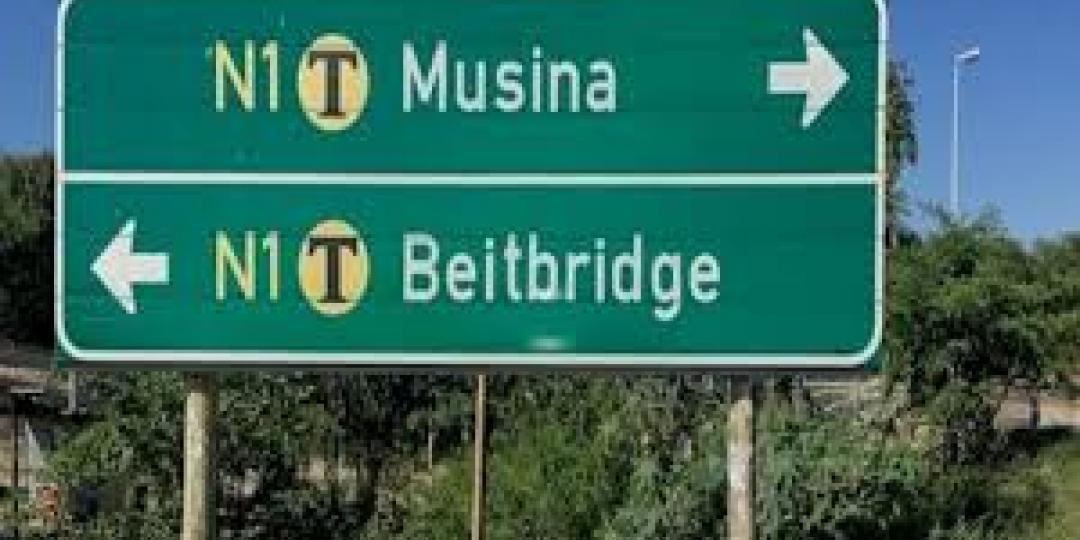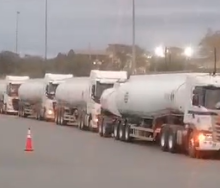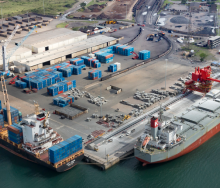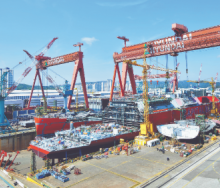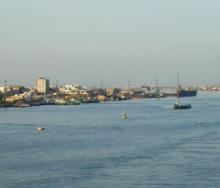Zimbabwe’s Border Efficiency Management Systems Committee (BEMSC) has tried to implement two strategies in an attempt to unblock the heavily congested Beitbridge crossing into South Africa.
This morning Harare-based publication The Herald reports that following a meeting yesterday between the BEMSC, transporters, freight forwarders, runners and agents, it was decided that immediate action was required to unclog the backlog built up over more than two months.
The Zimbabwe Revenue Authority (Zimra), for one, has undertaken to charge penalties to transporters arriving at the northbound queue south of the border without proper paperwork.
Earlier this week, Mike Fitzmaurice, chief director of the Federation of East and Southern African Road Transport Associations, said that a culture of corruption was playing a major role in transporters resisting efforts to streamline traffic flows at Beitbridge.
He said that decades of bribery at Beitbridge had instilled in unscrupulous hauliers and graft-seeking officials a willingness to ‘fix’ impediments at the border with ‘facilitation fees’.
Transporters, however, claim that the stiff fees they’re supposed to pay the new concession company, Zimborders Consortium, at the transit, along with teething issues around payment processes, have caused congestion never before seen.
As for the second intervention strategy proposed by the BEMSC, it said that customs officers in Zimbabwe would be seconded to prevent carriers with uncleared cargo from crossing the Limpopo.
Recently, Zimborders CEO Francois Diedrechsen said that cargo arriving at the border without the necessary clearing documentation was a major reason why trucks were amassing south of the border, preventing other trucks from gaining access to the border control zone.
The Herald furthermore reports that the BEMSC has received an undertaking from Zimra that it will oversee ramped-up officiation at the border so human resources downtime doesn’t hamper throughput.
When Diedrechsen spoke to Freight News last week he explained that agents and runners not working in the evening, complying with Zimbabwe’s dawn-to-dusk Covid curfew although they are essential staff, meant that the processing of trucks ground to a standstill between sunset and sunrise.
